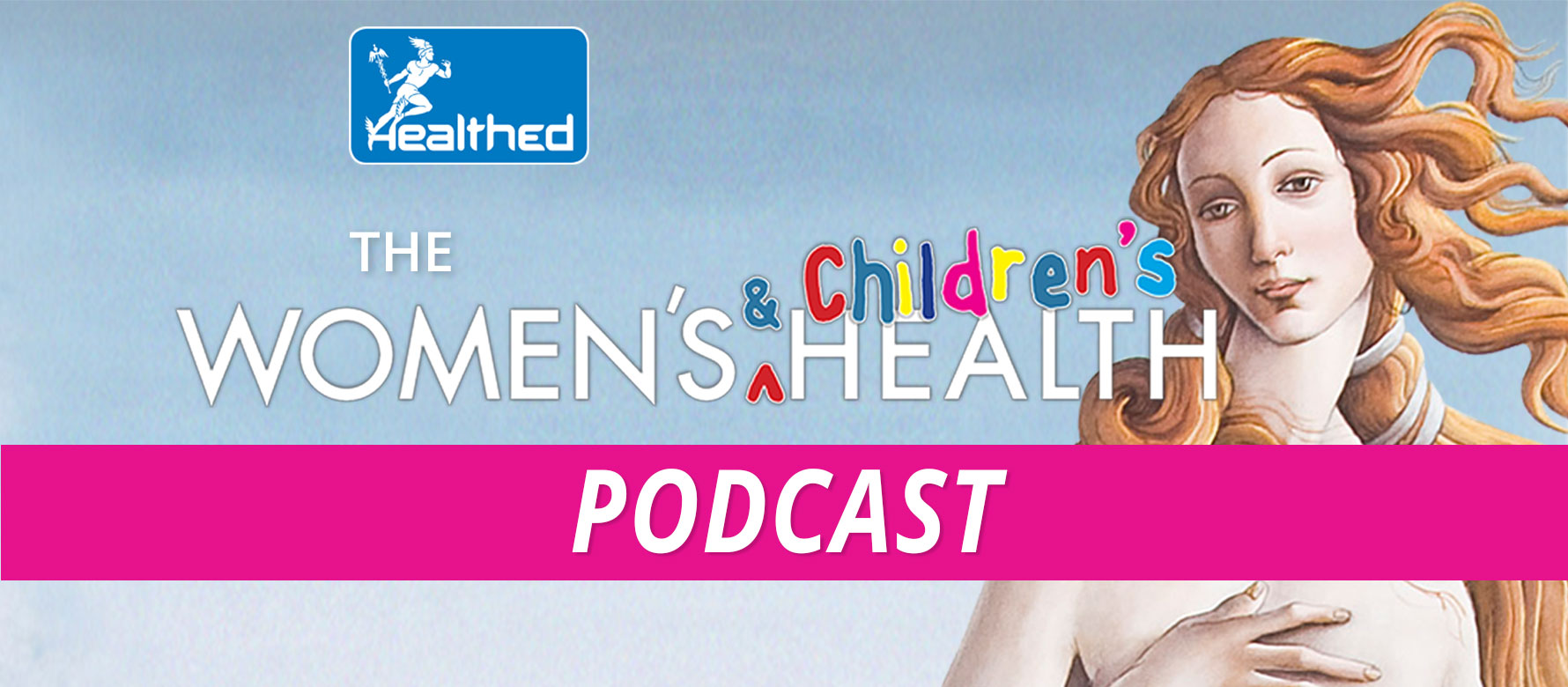Levels of the hormone increase in women over 70 and could protect cardiac health, researchers say.
High testosterone levels in older women are associated with higher HDL cholesterol and may protect against heart attack and stroke, Australian research has found.
The study, including more than 6000 older women taking part in the ASPirin in Reducing Events in the Elderly (ASPREE) trial, found not only did testosterone levels seem to rise in older women but higher endogenous testosterone concentrations were significantly associated with higher high-density lipoprotein cholesterol (HDL-C) and lower triglycerides (TG), indicating a less atherogenic profile.
“Higher concentrations of testosterone were associated with a less atherogenic lipid profile, specifically higher HDL-C and lower triglycerides,” the researchers said in Climacteric.
“While earlier studies have demonstrated favourable vascular effects of testosterone after menopause, to our knowledge this study is the first to document the associations between testosterone and lipids in women aged 70 years and older.”
Lead author, endocrinologist and sex hormone researcher Professor Susan Davis AO said they used precision instruments to measure hormone levels accurately’ and, compared to younger women testosterone levels seemed to rise in women aged 70 and over.
“To our shock we found that the [testosterone] levels increase with age … and there appears to be some sort of benefit,” the director of the Women’s Health Research Program at Monash University told TMR.
Professor Davis said testosterone trended up with age which could have a survival benefit.
“We looked at over 6000 women aged 70 and up, and when we take out women who are on hormone therapy or any medications that might affect their hormones like anti-estrogens or anti-androgens, we found that testosterone levels in women aged 70-plus was similar to younger women.”
Professor Davis said when women were given testosterone therapy it caused their blood pressure to drop and their arteries to dilate.
“It seems to have physiological effects that are good for women that we don’t yet understand,” she said.
Related
Testosterone concentrations in the two highest quartiles were positively associated with HDL-C compared with concentrations in the lowest quartile.
The researchers said testosterone concentrations in the highest quartile, Q4, were also positively associated with total cholesterol, while Q2, Q3 and Q4 testosterone concentrations were significantly inversely associated with triglycerides.
DHEA concentrations in the highest quartile were positively associated with non-HDL-C, they said.
The researchers said their previous research had found that testosterone levels reach a low point after menopause, but from age 70 onwards, levels “do not differ from premenopausal counterparts”.
“The highly statistically significant, positive association between testosterone and the two highest quartiles of HDL-C and the negative association with the two highest quartiles of TG in the present study further support the likelihood that testosterone may be cardioprotective in older women,” they wrote.
“This should not be interpreted as a potential role for testosterone therapy to improve lipid profiles as blood testosterone concentrations explained no more than 1% of the variation in these lipid fractions.”
The researchers said earlier studies had shown favourable vascular effects of testosterone after menopause, but this was the first to show an association between testosterone and lipids in women aged 70 years and older.
Professor Davis said her team and the Baker Institute was researching whether using testosterone cream would improve heart function in women at high risk of heart muscle stiffening.





